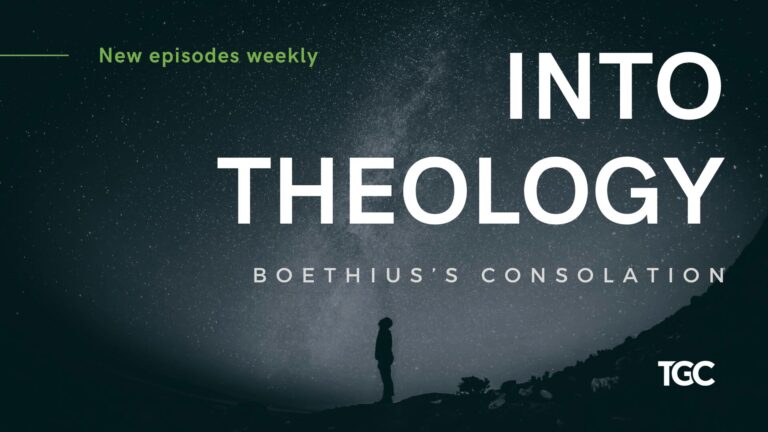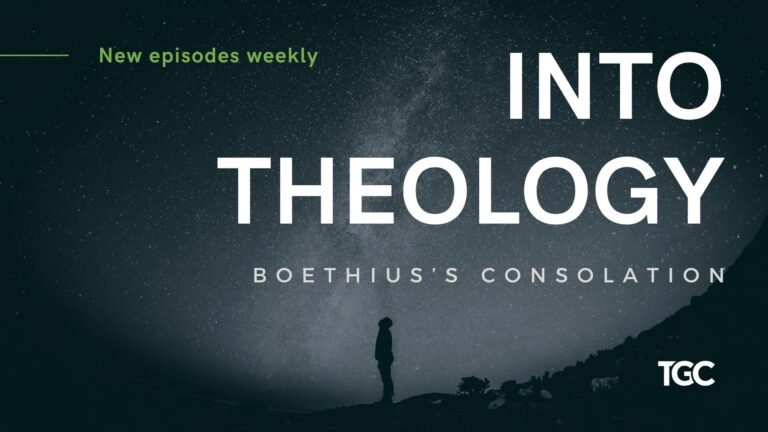Image: YouTube / MLJTrust
“It is the evangelical Gospel and its preaching that has the greatest impact politically and socially,” said Martyn Lloyd-Jones in a 1968 interview.
Lloyd-Jones here emphasizes an evangelical priority. The Gospel precedes politics, social change, and all else. The Gospel is the power of God unto salvation (Rom 1:16), and all else follows from it. This does not, however, mean a pietistic retreat from society. Just the opposite.
Gospel First
Lloyd-Jones explained: “I believe the function of the church is to [exercise political and social influence] indirectly. It is not the business of the preacher to deal with social and political issues in the pulpit.” Instead, preachers equip people to make a change in the world. Preaching the Gospel precedes societal change. “The danger is to be materialistic in outlook.”
He continues: “When you build up a man spiritually and make a true Christian of him, then he develops a social conscience. Whereas these other men who are always preaching about politics and social conditions, … the main effect they have is to drive their congregations away. . . . In other words, they have no impact at all. The main result of a man preaching politics is that he gains notoriety but he doesn’t affect the situation at all.”
“My best plan of doing [of influencing political-social conditions] is to produce Christian people in large numbers. And then the politics will pay attention. They don’t listen to what the preacher says about political and social issues.”
Lloyd-Jones seems to be responding to preachers who primarily talk about social change and political conditions. He makes an argument of emphasis, not an argument of retreat. Note also that he speaks directly to preachers here, not to individual Christians.
Then Social Change
His point throughout all of this is one of priority and ordering, not of creating either-ors. Politicians do not care (generally) about what a preacher says. Christians do. When a man or woman receives the grace of salvation, the change entirely. They love to do good. They fulfill the love of love. They make every place better than when they left.
Elsewhere he says, “It is the business of individual Christians to play their part in society.” He explains that Christians need to participate in society by restraining sin and so contributing to the well-being of people in this life.
Lloyd-Jones argues in his 1968 interview that, in response to Gospel proclamation, Christians historically have responded by creating hospitals, contributing to education, and founding the trades-union. In other words, Lloyd-Jones here does not seem to be saying that he does not equip people to impact the world.
Rather, he says that the Gospel changes the hearts of people so that they can righty impact the world around them. And when a country is filled with Christians who do love and good deeds because of their faith in Christ, then politicians pay attention.
In contrast, focusing primarily on social change or cultural engagement means that we may fall prey to a materialistic outlook. Yet the evangelical response has been: Gospel first. Then changed hearts change the world.
No Either-ors
Lloyd-Jones here does not advocate preaching the Gospel or social change. He argues that by preaching the Gospel, Christians will become the kind of people who can and will change culture. Preachers equip people to fulfill the law of love: to build hospitals, to organize charitable works, and so on. It is a matter of ordering, not a matter of creating an either-or situation.
Even if we quibble with parts of his argument here, we should still pay attention to the ordering of his priorities: Gospel first, then cultural change. The Gospel is for all of life. So preaching the Gospel first does not reduce the effect of Gospel proclamation. It instead provides the greatest power and the largest scope of influence. We preach Christ and him crucified (1 Cor 2:2) and then guide changed-hearts to do love and good deeds (Heb 10:24).
Many of us were born into a Canada that still felt Christian. It no longer does. In response, we can either claw back our social and political influence, or we can do the work of evangelistic preaching and proclamation. The latter, as Lloyd-Jones indicates, has real promise to not only change hearts but to form Christians who contribute to society. The former means we may have “no impact at all.”












